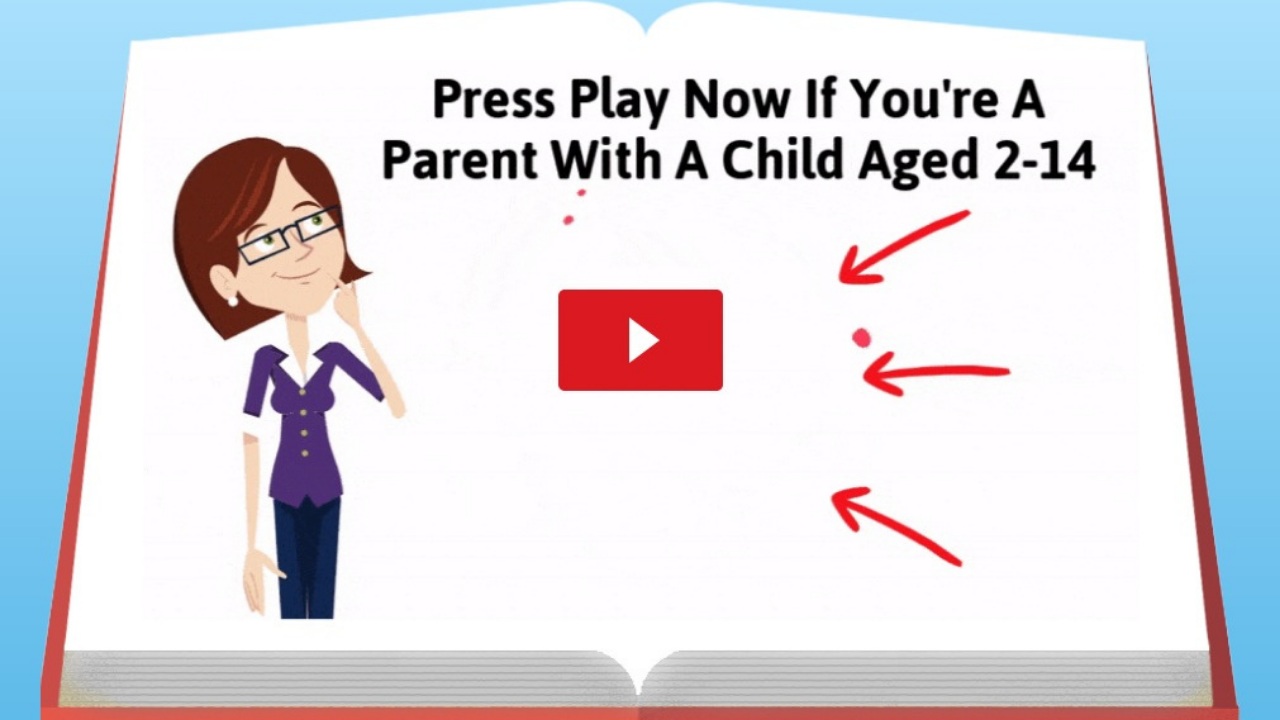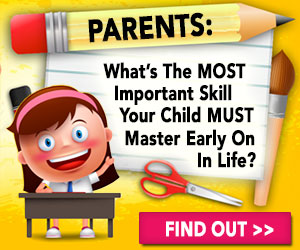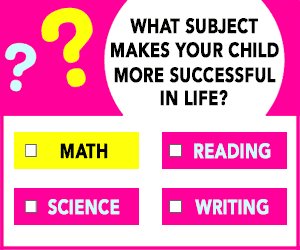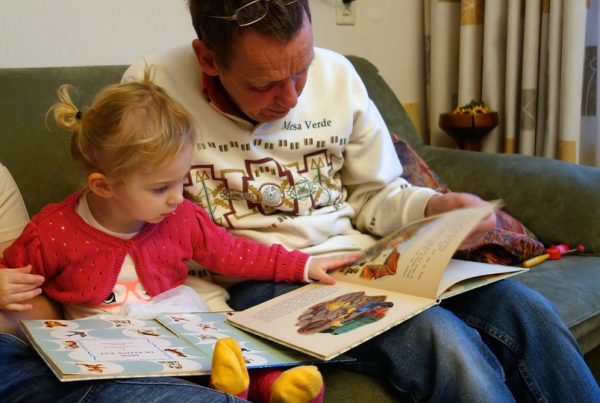I’m sure most parents don’t think about the process of learning to read until they have children of their own at home grabbing for books. As a teacher myself, I cannot tell you how many times parents have come up to me asking questions about how they can teach their children to read at home. My response to each of them is always the same: learning to read is a process composed of various skills and strategies, and luckily, I have broken it down into simple and tested strategies to try at home!
1.) Use Songs and Nursery Rhymes For Child Reading
Songs and nursery rhymes aren’t just fun sounding to children, but are filled with rhymes and rhythms which help them hear sounds and syllables, which in turn help them with their reading. One of the most important skills needed when learning to read is phonetic awareness. Phonetic awareness is the ability to focus on the sound each letter makes within a word. For example, the word “mat” is made up of the sounds the letters /m/ /a/ /t/ make. To help your children build phonemic awareness using songs and nursery rhymes, clap to the rhythm and sing the songs together, and watch them become successful with reading.
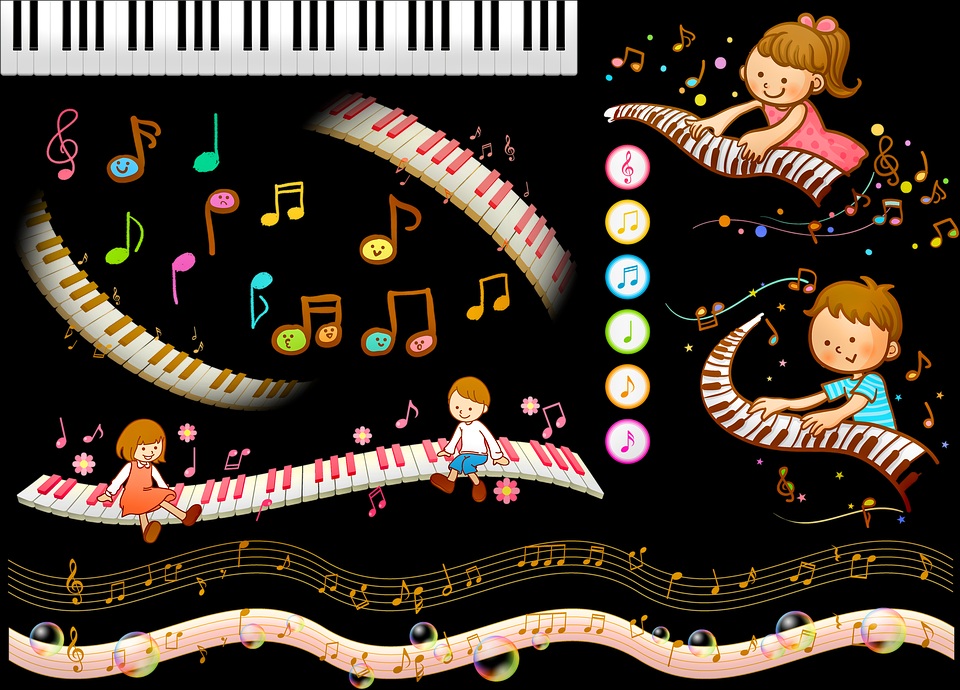
2.) Create Homemade Word Cards
Quick and easy, simply cut out cards (any size) from paper, and write one word with three sounds on each (e.g., Sat, cat, sun, pot, pig). Have your child select a card and read the word together, holding up three fingers. Once done, ask them to say the first sound they hear in the word they chose, then the second, and then the third. This activity requires very little prep time, and builds phonics skills and helps them sound out words. If your child is just starting out, you can do the same exercise, except use letters of the alphabet instead of words.

3.) Print Environments Are Best
If children see printed words daily, like on posters, books, and labels, they will able to make connections between the letter sounds and the letter symbol. When out with your children, stop to point out letters on billboards and signs to encourage them to work on making letter sounds and eventually, sounding out the word.
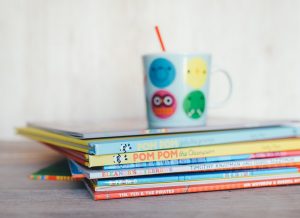
4.) Make It Fun!
Don’t be afraid to have fun while teaching your children to read. Simply asking questions like, “What sound does the word ___ start with?”, or “What word rhymes with ___?”, will have your children listening, identifying, and manipulating the sounds in words, building confidence and excitement towards learning how to read. Another tool that can be used for child reading is letter magnets. Sometimes sounding out vowels can be tricky for children, which is why magnets can be super helpful. Place magnets on your fridge, and place all the vowels (a, e, i, o, u) to one side. Say out loud a CVC word (consonant-vowel-consonant), such as “cat”, and ask your child to spell it using the magnets. To help the along, say each vowel sound aloud while pointing to the corresponding letter, and ask your child which one makes the sound similar to the letter in the word.
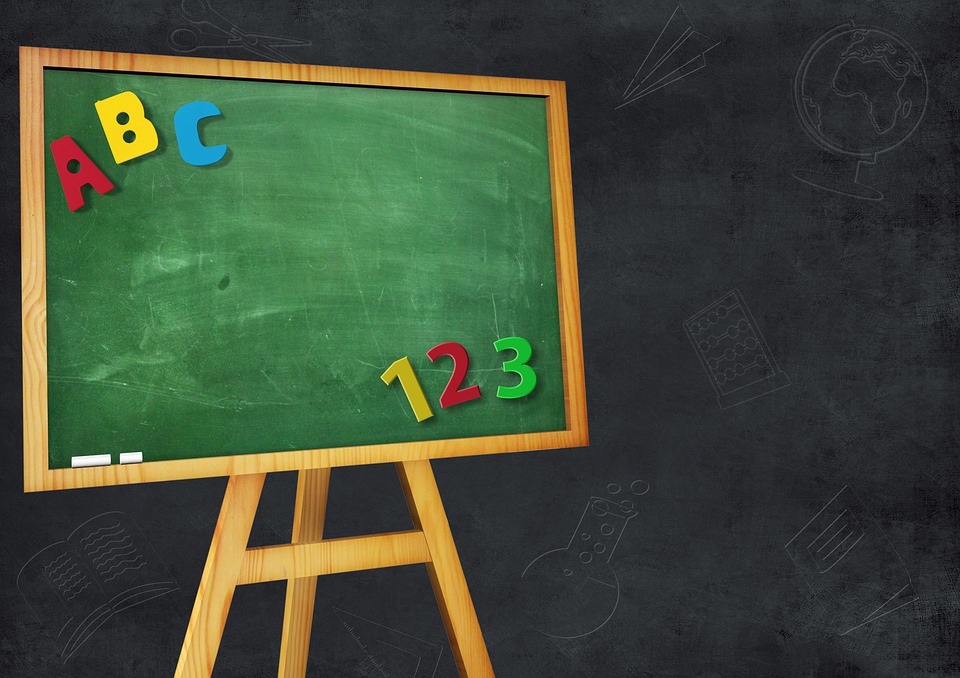
5.) Build The Foundation For Child Reading
Remember, learning how to read involves multiple skills. Children need all of these skills, listed below, in order to successfully learn how to read.
- Phonemic Awareness: the ability to hear the different sounds in words
- Phonics: recognizing the connect between letters and the sounds they make
- Vocabulary: understanding the meaning of words and their context
- Reading Comprehension: understanding the meaning of text in information and storybooks
- Fluency: ability to read aloud with speed, understanding, and accuracy
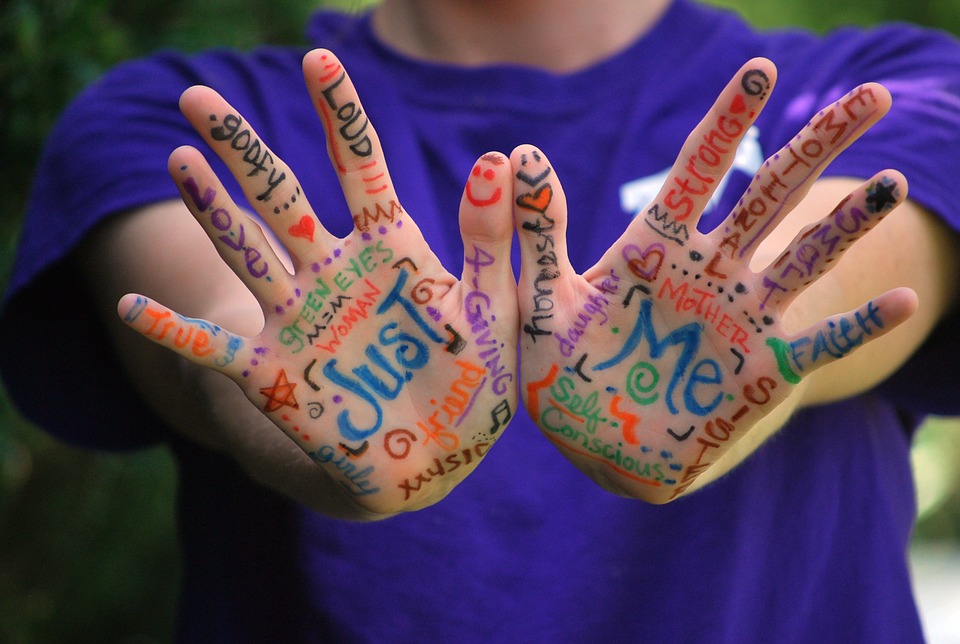
6.) Learn Together
Reading to your child daily is one of the most effective ways to get your child to pick up the skills necessary for learning how to read. You are showing your child how to sound out words, building comprehension skills, growing their vocabulary, and letting them hear what a fluent reader sounds like; all needed for your child to be successful readers. While reading to your child, engage them by asking questions about the pictures they see (e.g., “What colour is the dog? Do you see the stars?”), and if your children are older, ask them a question about what you just read (e.g., “Why do you think Sam was frustrated?”).
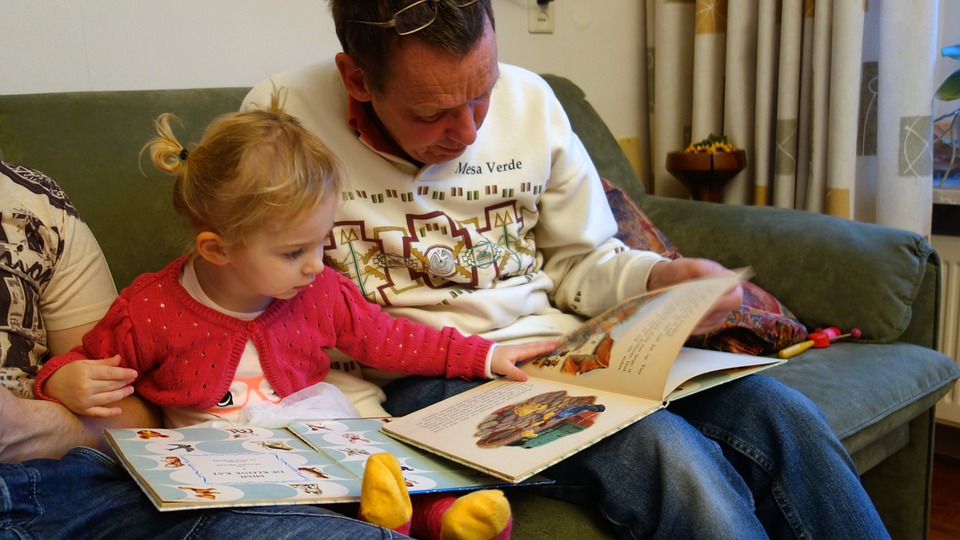
7.) See the Word, Say the Word
See the word, say the word, is the common expression used to describe “sight words”. Sight words are words that cannot easily be sounded out and need to be recognized on sight (for example, you, I, am, they, where, does). Learning to identify and read sight words is essential when young children are learning how to read, and the best way to teach them is by using flash cards with these sight words on them, and get them to “see the word, say the word”.
Remember, every child learns at their own pace, so it’s best to make this process encouraging and enjoyable. By reading daily, having fun with activities, and even having your child pick their own books as their skills grow, will instill a love of reading and set them up for the ultimate reading success. Teaching children is not a simple task, and if after reading these steps you’re left feeling a little overwhelmed, no need to worry, I have a solution for that too!
Below is a short video of how you can improve your child reading effectively. Click the “Play Button” to start watching:
=> Click here to see how Sarah Shepard, a fellow teacher, has taught over 35,000 children how to read with Reading Head Start!


